Catnip Seeds
Catnip (Nepeta cataria) is a versatile perennial herb with a range of uses beyond its well-known appeal to cats. When planting catnip seeds in your garden, you’re not only creating a feline paradise but also cultivating a plant with numerous benefits. Here are some of the key uses of catnip:
- Medicinal: Catnip has been used for centuries as a medicinal herb to alleviate various ailments. Its calming properties can help with headaches, anxiety, insomnia, and indigestion. Catnip tea, made from steeping fresh or dried leaves, is a popular way to enjoy these soothing benefits.
- Insect Repellent: The compound nepetalactone, found in catnip, has been shown to repel mosquitoes, flies, and even cockroaches. You can create a natural insect repellent by boiling catnip leaves, straining the liquid, and using it as a spray.
- Culinary: Catnip leaves can add a mild, minty flavour to dishes, such as salads, soups, and sauces. Use the leaves sparingly, as their potency can vary.
- Gardening: Catnip’s aromatic foliage serves as an excellent companion plant for various vegetables and ornamentals. It attracts beneficial insects like ladybugs, lacewings, and hoverflies, which help control common garden pests.
By planting catnip seeds and nurturing the plants, you’ll discover the many uses and benefits that catnip has to offer for your health, home, and garden.
Discover how to grow catnip by reading our detailed article here: How to Grow Catnip: A Comprehensive Guide.

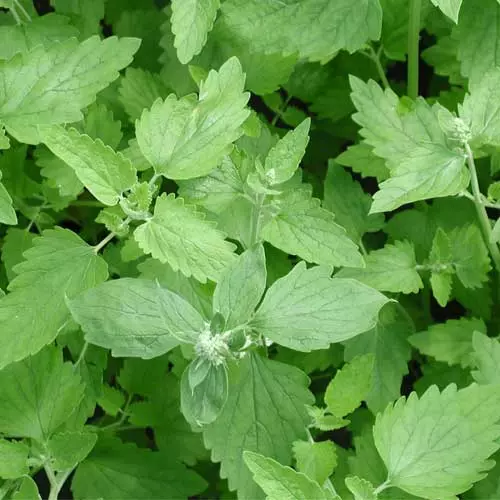
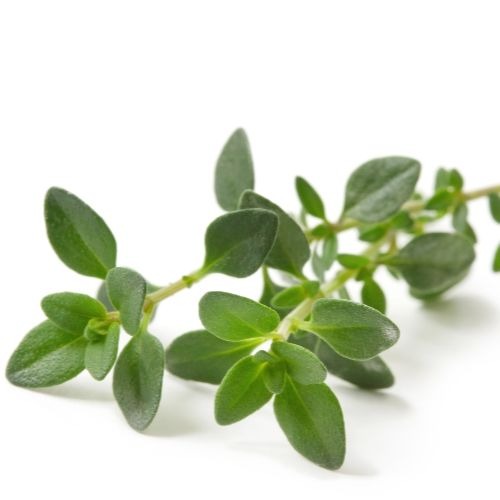
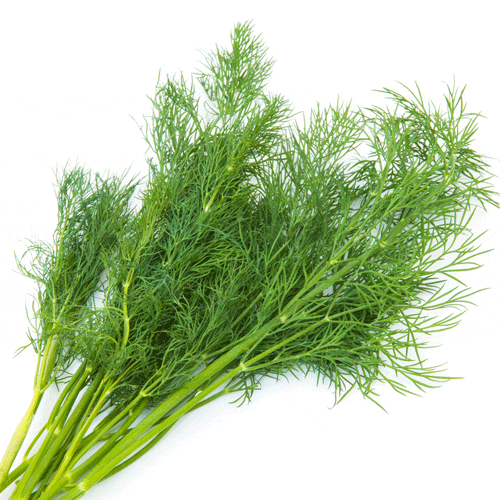
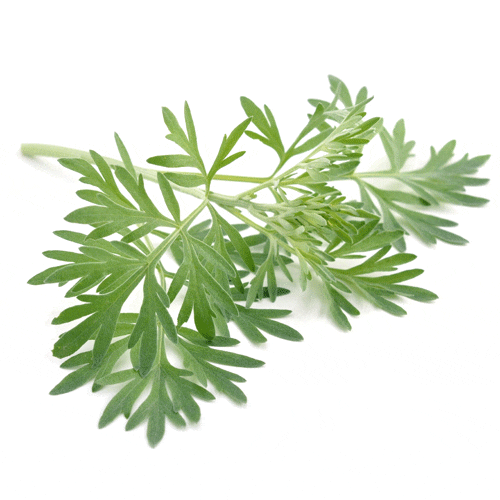
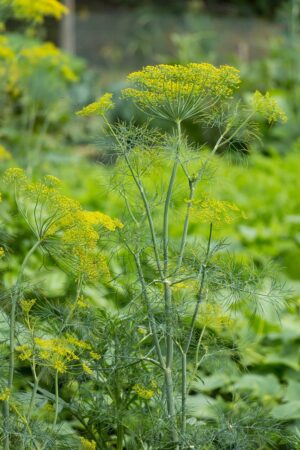
Reviews
There are no reviews yet.